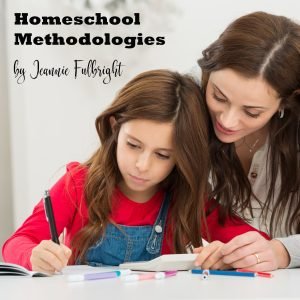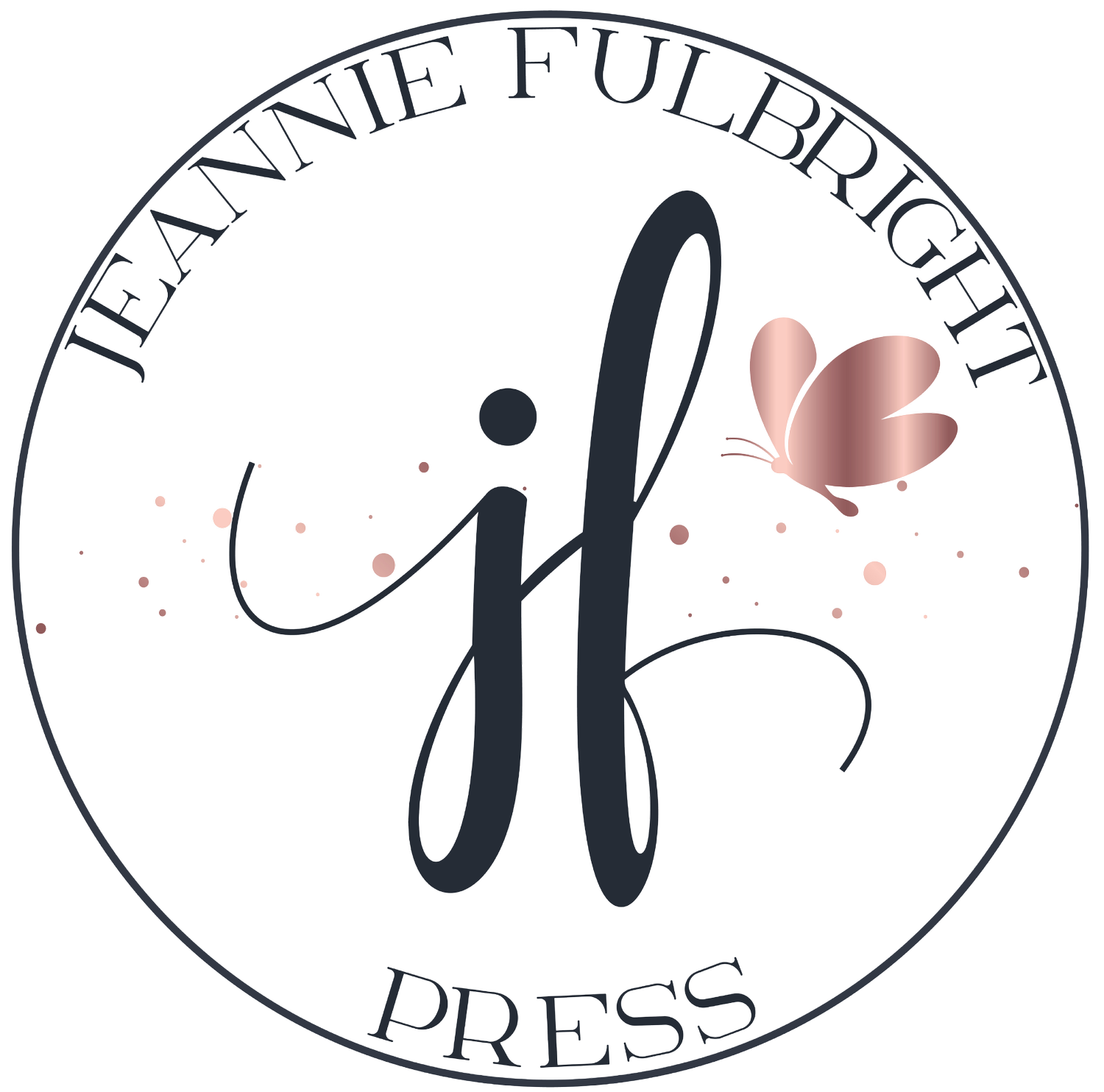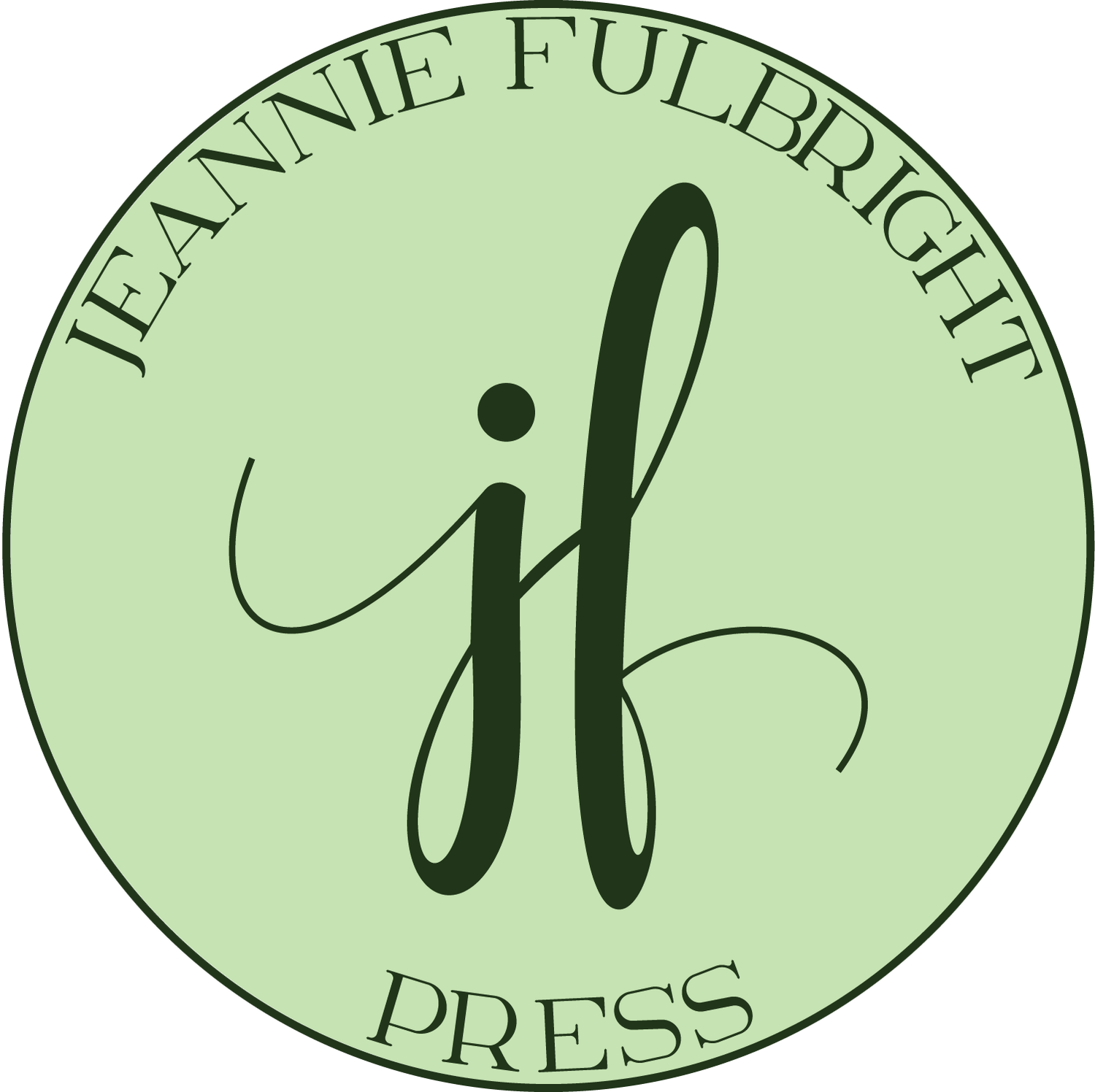Homeschool Methodologies

Classical
Classical homeschoolers follow the Classical Greek model of the Trivium. They divide learning into three stages based on an average child’s cognitive development.
- Grammar stage children (K-5th) think concretely and are taught facts and rote memorization.
- Logic stage children (6th-8th) begin to think abstractly, using principles and ideas about which they enjoy arguing; they are taught to analyze with logic at this stage.
- The Rhetoric stage where the high school years are focused on true thinking, dialogue, composition, and oration.
Classical homeschoolers often study Latin and Greek to improve their logical thinking skills and to aid them when studying books written by Classical authors, such as Caesar, Plato, Aristotle, Augustine, and many more. Children are encouraged to consume classic books throughout the high school years and think critically about them.Science is not a focus in the elementary years though one author, Susan Wise Bauer, suggests a science sequence.History has become a strong focus for Classical homeschoolers, and they generally focus all their reading and learning around a historical time period.It’s an orderly method of studying history, and the children come to understand the historical time periods based on the sequence by which they study history. This is very much a liberal arts/humanities education.Charlotte Mason
Charlotte Mason was a learned educator in the late 1800s who through learning and experience developed a method of educating students—which she implemented in her school in Ambleside, England. Students from her school became mature and scholarly and possessed a true love for knowledge and learning that was evident to others who sought Ms. Mason for the secrets to her methods.
She wrote a series of books detailing her philosophies so that others could implement them in their home. These were the Original Homeschooling books, the first of their kind ever written. Her methods focus on literature as a means for acquiring learning, whether it’s science, history, or mythology.
She believed in short lessons for the younger grades, nature study, copywork, dictation, the pursuit of excellence, good habits, notebooking, unstructured time outdoors, and free time to pursue one’s interests. Additionally, Charlotte Mason was against the use of textbooks, a practice just beginning to take root in the education movement at that time. She called textbooks twaddle. She was also against workbooks, or lessons, as she called them and felt they did not improve the child’s education or light their love of learning.
Textbook
Using traditional textbooks or boxed curricula like those from secular publishers or Christian homeschool publishers is commonly known as the "textbook approach". Textbooks are typically characterized by dry facts written in uninteresting prose and are supplemented with the use of workbooks and tests. However, some of the common homeschool textbook publishers today have hired writers to make their textbooks interesting and engaging. The use of tests and worksheets is the most common factor with the textbook approach.
Most homeschoolers begin with textbooks and later feel more confident to pursue other methods.
Unit Study
Homeschoolers that teach with unit studies choose an area of interest or a theme and build all their academic subjects around that topic. Every child in the family learns together, working on their own academic level while covering the same subject. The traditional scope and sequence is not the purpose, but rather “learning to learn” is the goal.
An example of a unit study would be: the topic of baseball. History would center around the history of baseball and what was happening in the world at that time. Language arts would cover all the vocabulary and spelling associated with the topic and would include writing and grammar assignments related to baseball. Math would center around batting averages and distances from the bases. Science might deal with the physics of baseball, or perhaps the botany of keeping a field covered with grass.
Most people that utilize the unit study approach choose topics that interest their child and make up the course of study as they go along. Some who use unit studies simply read a great book of literature and center all their learning around what they discover in that book.
Unschooling
Unschooling is often referred to as “delight directed learning.” The child decides what to learn, when, and how. The parent only provides the means. This type of schooling is based on the assumption that children are naturally curious and will undertake studies, become proficient, and even excel in those areas if they are simply encouraged and left alone.
One extreme of unschooling believes the child need not learn anything he doesn’t want to learn, including math. On the other extreme is the unschooler who is required to study only one or two subjects, such as math and English, and everything else is up to the child.
Eclectic
An eclectic homeschooling family does not embrace any one philosophy, but simply develops their own scope and sequence and chooses curriculum that fits their family’s needs.
As you consider which methodology to use, remember your family is unique. It's easy to get caught up in what's working for another family and become confused when making a decision about what's best for our own family. Pray for direction then move forward with which method you are most excited about. Our children and families grow and change so you are free to change your homeschool methodologies along the way. That's the beauty of this wonderful privilege we've been given!


